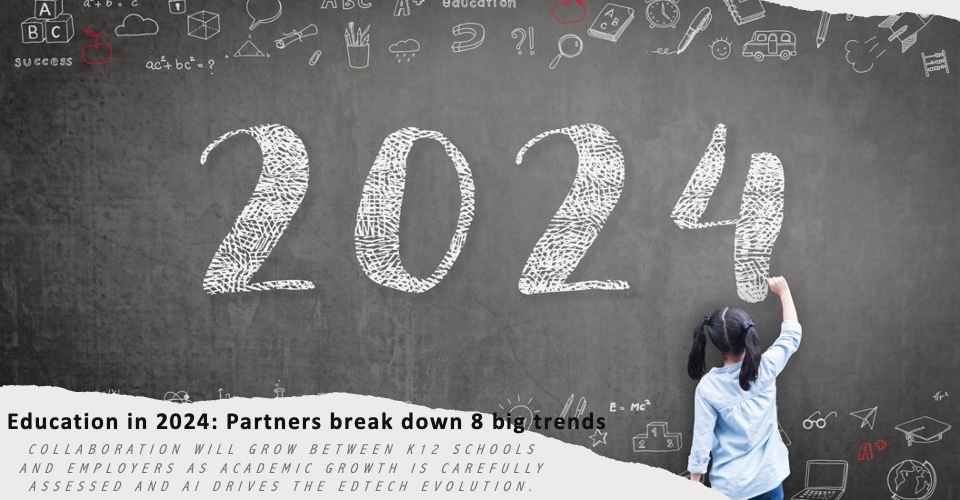Political polarization has made teaching “intolerable.” That’s the conclusion reached by researchers who conducted in-depth interviews with 14 teachers who work at schools in Democrat- and Republican-leaning neighborhoods around the country.
“Teaching has always been a demanding job. In recent years, it’s only become harder,” says Mylien T. Duong, senior director of research at the Constructive Dialogue Institute, which conducted the study. “The stories we heard make it clear that, for some teachers, political polarization has made their work intolerable. We need to start addressing the issue before more teachers burn out.”
LGBTQ+ rights, critical race theory, religion and COVID topped the list of divisive issues teachers said they are struggling to navigate. Complicating attempts to get a handle on the problem are the wide gaps in political climates across the country.
More from DA: How districts are navigating the first days of school amid a ‘major heat wave’
For example, a teacher in rural Idaho told the Institute’s researchers: “Everybody [at this school] has a gun rack in their pickup. And then if you were a student at the school and you’re driving your daddy’s pickup and it has a rifle in the pickup, you can get in trouble and the cops can tote you away.”
Here’s another startling example of the divide: One of the teachers interviewed said they were asked to remove a rainbow flag because it was considered “political speech.” In another district, a teacher was questioned about why she had not placed a rainbow sticker in her window.
Here, according to the study, are the three biggest burdens political polarization is placing on teachers:
- Increasing scrutiny: Fearing harassment from parents or termination, teachers feel increasingly compelled to make decisions about instruction through a political lens—rather than evaluating what is best for students.
- Classroom challenges: Student shouting matches, name-calling and denial of historic facts such as the Holocaust are among the difficulties teachers are experiencing in class. This has caused teachers to avoid controversial topics, both historic and current, to prevent conflict, which limits students’ exposure to diverse perspectives and hinders critical thinking.
- Escalating intolerance: Topics such as LGBTQ+ rights and critical race theory have increased tension among students, staff, parents, and the community, creating difficult learning environments and disrupting school dynamics. These tensions have increased sharply since the 2016 presidential election, teachers told the researchers.
How schools can get past political polarization
“Support from administrators” was cited by teachers as the most important protection against the disruptions of political polarization. Some teachers, however, told researchers that their administrators had not offered guidance on how to cover politicized topics, leading to “confusion and inconsistency.”
Parents, fellow teachers and students also have roles to play in easing classroom tensions. “[Teachers] requested that parents approach schools with humility and understanding when voicing concerns, rather than defaulting to accusations,” the report concludes. “They hoped for colleagues with differing opinions to maintain professional respect and genuine care for each other as individuals, even in the face of disagreement.
“They aspired for students to learn to manage their emotional responses to differing viewpoints and engage in constructive and respectful discussions.”










